Android
India has ordered VPN providers to collect and hand over user data
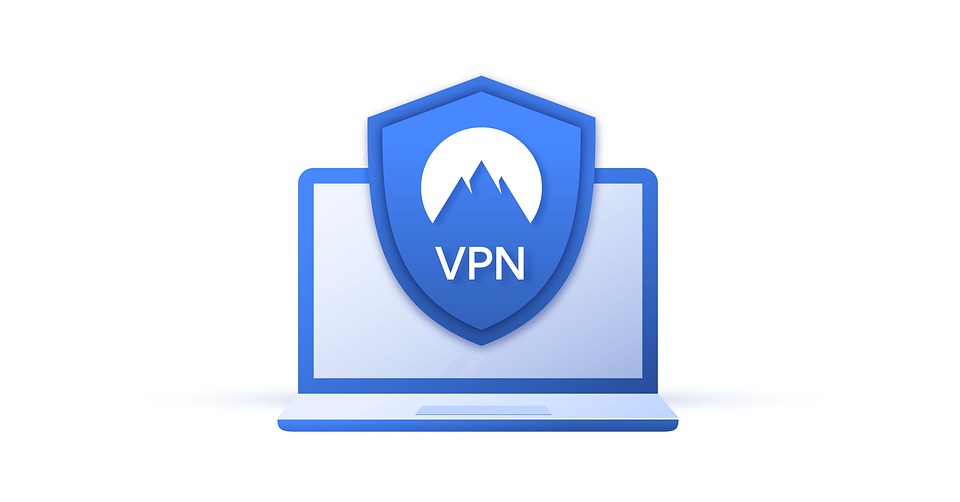
Under a new national directive from the country’s Computer Emergency Response Team, known as CERT-in, virtual private network companies in India will be required to collect extensive customer data and keep it for at least five years. It’s a policy that will almost certainly make life more difficult for both VPN providers and VPN users in the country.
The body, which is part of the country’s Ministry of Electronics and Information Technology, announced Thursday that VPNs in the country will be required to keep customer names, validated physical and IP addresses, usage patterns, and other forms of personally identifiable information. According to the governing law cited in the new directive, those who do not comply could face up to a year in prison, as first reported by Entrackr.
The directive does not apply only to VPN providers. Both data centres and cloud service providers are covered by the same provision. Companies will be required to retain customer information even after the customer cancels their subscription or account. In all cases, CERT-in will require companies to report “unauthorised access to social media accounts” by their users.
Most VPNs have a no-logging policy, which is a public promise not to log, collect, or share customer usage and browsing data. Leading VPN services, such as ExpressVPN and Surfshark, only use RAM-disk servers and other log-free technology, which means the VPNs are theoretically incapable of monitoring for URLs listed in the directive. If VPNs in India are required to keep customer registration data or to monitor and report social media usage under the new directive, many could potentially violate the law simply by continuing to operate.
India has a history of policing online activity harshly.
India banned 22 YouTube channels in April. Facebook, Google, and Twitter ended a tense standoff with the Indian government in 2021 when they largely agreed to the government’s expanded control over social media content in the country. In 2020, the country outlawed over 200 Chinese apps, including TikTok, and eventually outlawed 9,849 social media URLs.
According to the digital rights advocacy group Access Now, government-imposed internet shutdowns and disruptions in India accounted for 106 of a total of 182 such government actions, or nearly 60% of the total. The directive also coincides with significant increases in VPN demand in India, where independent research firm Top10VPN estimates that the shutdowns will affect 59.1 million users in 2021.
In a statement issued Saturday, the Ministry of Electronics and IT stated that the new directive is intended to assist it in dealing with “certain gaps” that prevent it from responding to unspecified “cyber incidents and interactions with the constituency.”
Under the ministry’s full directive, VPN companies will be required to collect and report the following information:
- Validated customer names, physical address, email address and phone numbers.
- The reason each customer is using the service, the dates they use it and their “ownership pattern.”
- The IP address and email address used by a customer to register for the service, along with a registration time-stamp.
- All IP addresses issued to a customer by the VPN, and a list of IP address being used by its customer base generally.
credit – Cnet
If you like our article then follow us on Google news, and Instagram, or join our Telegram Group. For the latest TechNews and Reviews, follow Techibee on Twitter and Facebook, and subscribe to our Youtube channel.
For More Such Updates Follow Us On – Telegram, Twitter, Google News, WhatsApp and Facebook
News
Nothing OS 2.5 Open Beta 1 with Android 14 Announced for Nothing Phone (2)
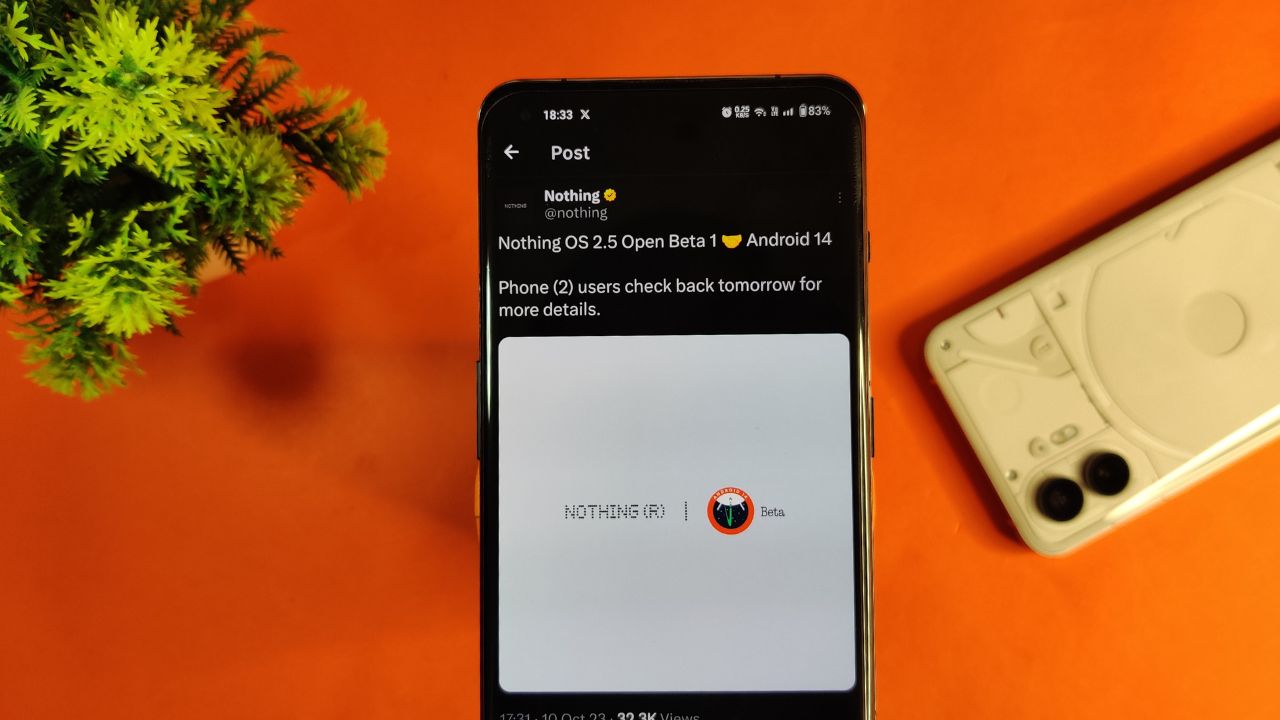
Nothing company has announced its next significant update “Nothing OS 2.5 Open Beta 1” for Nothing Phone (2) users. This new update is based on Android 14. Starting tomorrow, users of the Phone (2) can expect this update on their devices. If there are any special steps needed to install it, the company promises to provide guidance.
The announcement about Nothing OS 2.5 Open Beta 1 came via the company’s official X handle, which used to be known as Twitter. According to their post, more details about this update will be shared on October 11.
However, there’s a bit of a wait on the specifics. Nothing hasn’t yet confirmed the exact time the update will be released. So for now Phone (2) users have to wait for a little while until the next announcement from the company.
For More Such Updates Follow Us On – Telegram, Twitter, Google News, WhatsApp and Facebook
News
Android 14 Update is Now Live for Pixel Devices
Google’s Pixel devices are now receiving the much-awaited Android 14 update. This follows a preview program that began in February, where several previews and betas were issued. If you own a Pixel 4a 5G or a later model, you can download this latest Android version.
It’s not just Pixel users who can look forward to this update. Companies like Samsung, iQOO, Nothing, OnePlus, Oppo, Realme, Sharp, Sony, Tecno, vivo, and Xiaomi plan to release Android 14 updates for their devices soon.
A highlight of Android 14 is its customization features. Google had hinted at these earlier, and now they are a reality. Generative AI wallpapers are making their debut on Pixel 8 and Pixel 8 Pro, backed by advanced text-to-image diffusion models.
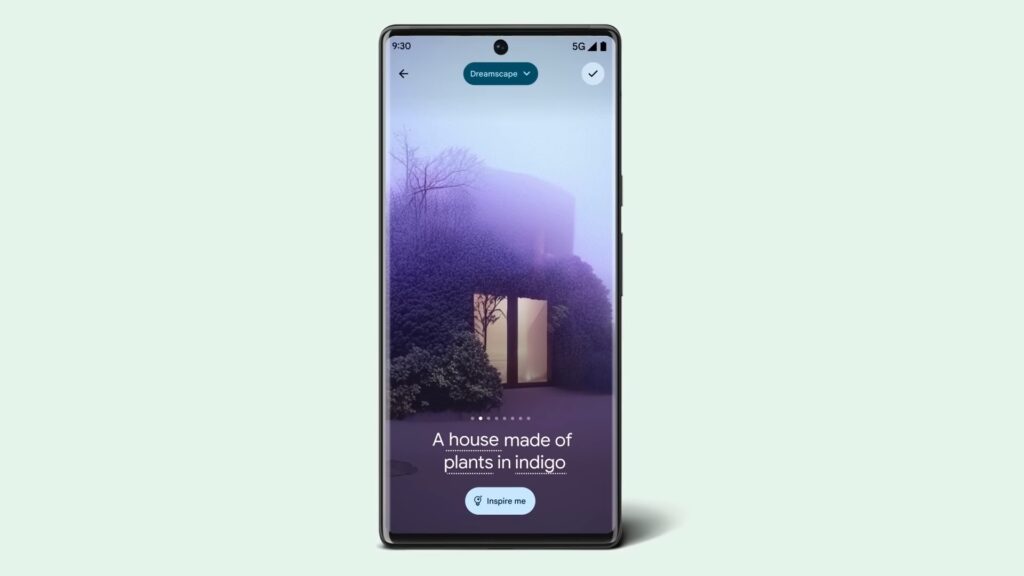
Lock screen personalization has also leveled up. Users can change font styles, choose from different color palettes, and add custom widget shortcuts. This makes it quick and easy to access tools like the QR reader or the Google Home app. There’s even a new feature where the home screen templates adjust dynamically. For instance, if there’s a storm approaching, the weather app widget becomes more noticeable.
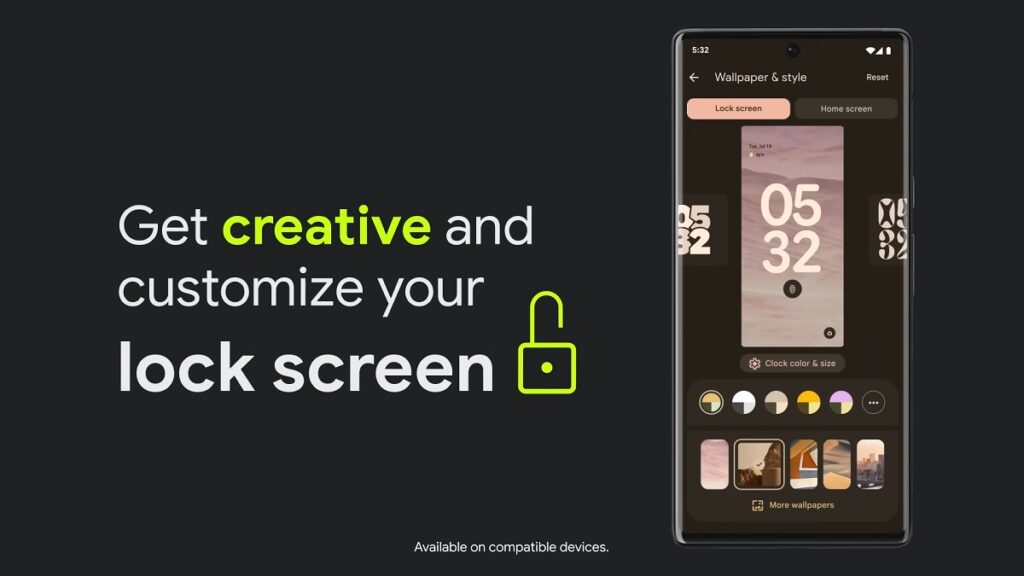
Photography enthusiasts will appreciate Android 14’s support for HDR images. The Ultra HDR feature enhances photo quality, making pictures look more vibrant. Audio enhancements are also part of the package, with the inclusion of native spatial audio support, a new media player, and a cross-device copy/paste function.
Prioritizing user privacy and security, Android 14 introduces Health Connect. This feature securely stores and encrypts personal health data directly on the device. Users will now also receive alerts if apps want to share location data with third parties, and they have the option to decline such requests.
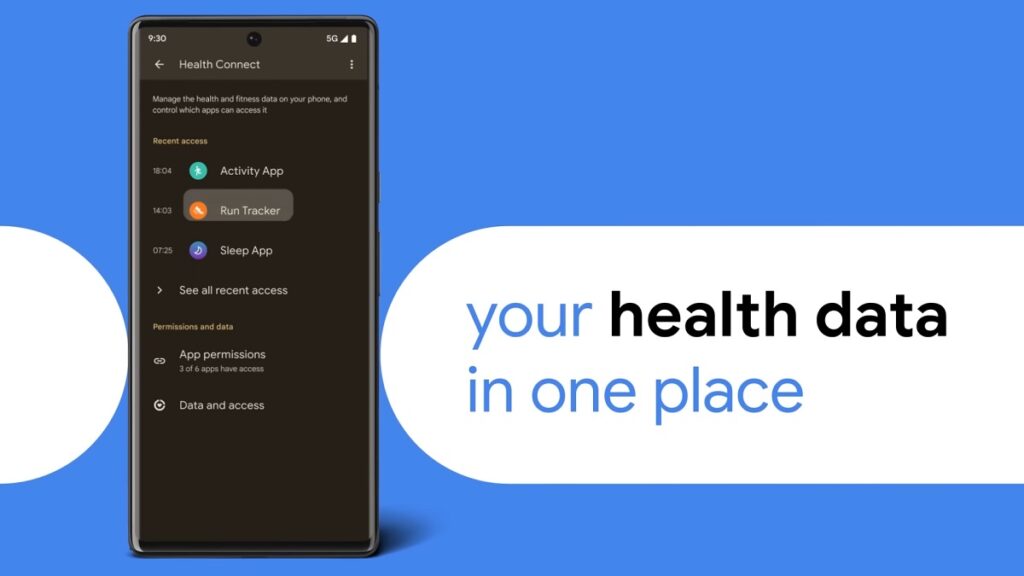
Improvements extend to passkey features. Android 14 offers enhanced support for fingerprint authentication in external apps. Additionally, there’s a revamped 6-digit PIN lockscreen option.
Accessibility has also been a focus for this update. Users can now magnify content more effectively using the pinch-to-zoom feature and select from various magnification sizes. The quick settings menu offers faster font size adjustments using nonlinear scaling, which makes text easier to read. Hearing aid users will find the dedicated setup in the Accessibility settings beneficial, along with expanded options to direct audio to different outputs.
For More Such Updates Follow Us On – Telegram, Twitter, Google News, WhatsApp and Facebook
Leaks
Is Android 14 Releasing on October 4? Telus Listing Suggests So
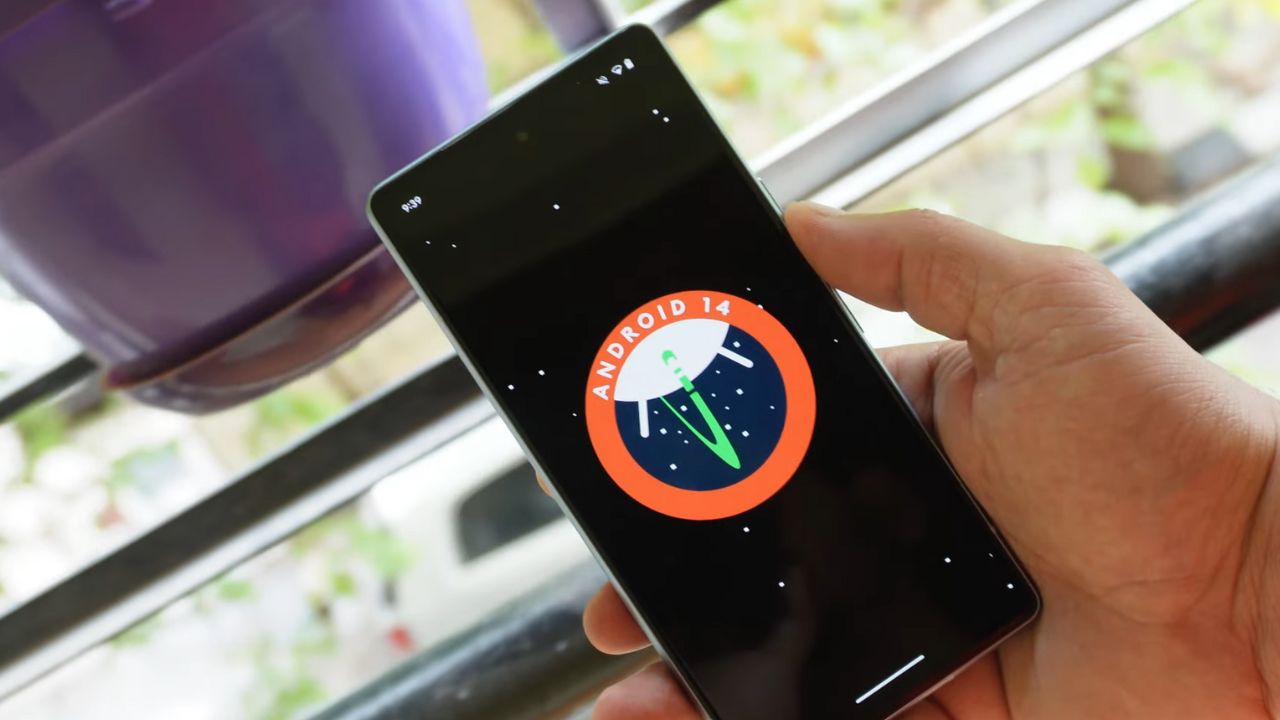
The release of Google’s Android 14 has been much awaited. The latest buzz suggested that it would be unveiled on the same day as the Pixel 8 and Pixel 8 Pro announcement on October 4. While this was initially just a rumor the latest information seems to add some weight to it.
Canadian carrier Telus has provided a clue. They listed software update start dates for the devices they sell. For all Pixel devices beginning with the Pixel 4a the name “Android U” was set for an October 4 rollout.
The term Android U stands for Android Upside Down Cake. This is the inside name for Android 14. Interestingly this detail on Telus’s list was later removed. This change might be because Google noticed the details circulating online and asked Telus to take the information down. This is just a guess. It’s not clear what really happened. There’s a small chance that the initial information was not correct.
But there’s not much waiting left. In less than one day everything will be clear. If Android 14 is set to release on October 4 it is likely that Google will announce it at its big event. So everyone should watch out for that. We will keep you updated on any new developments.
Update: Droid-life.com has updated their article, saying that the information has been removed from the Telus listing as of now.
For More Such Updates Follow Us On – Telegram, Twitter, Google News, WhatsApp and Facebook
